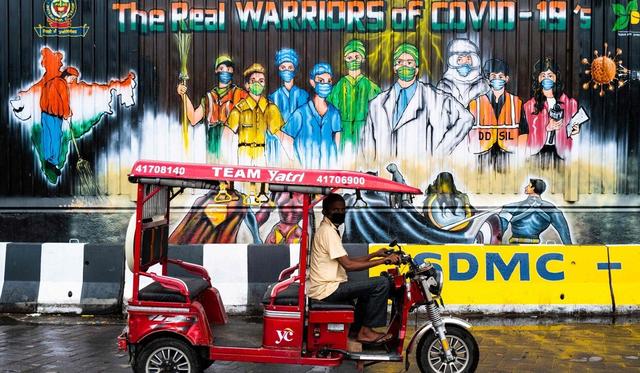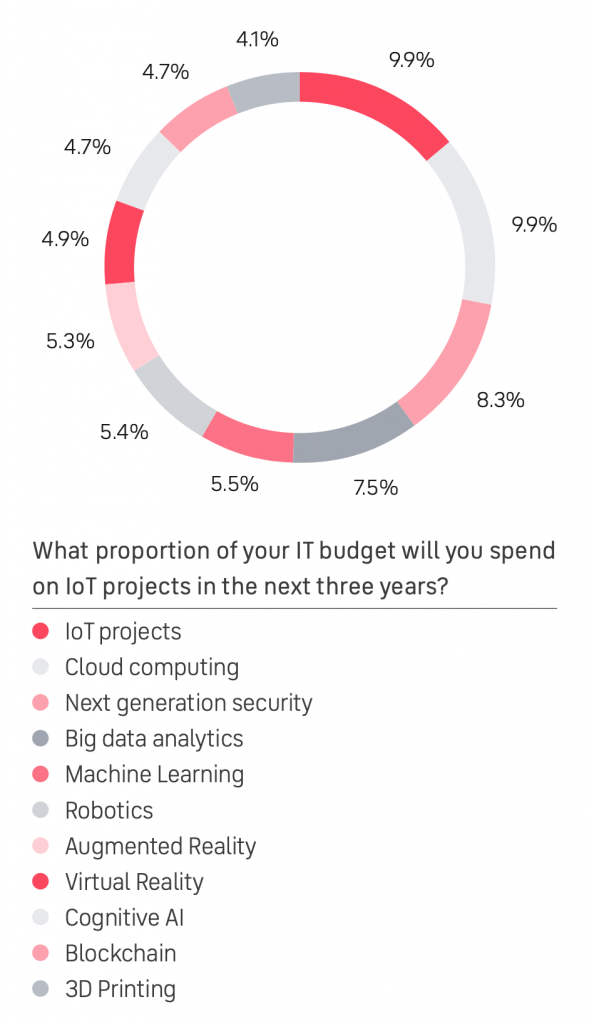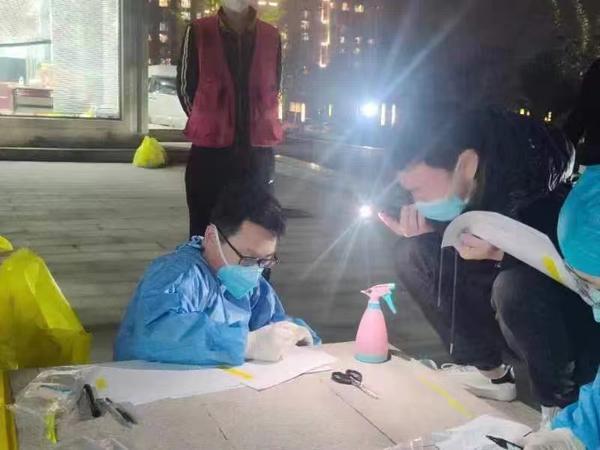The year 2020 marked a turning point in global history, as the world was hit by a pandemic that had far-reaching consequences. The COVID-19 pandemic, caused by the SARS-CoV-2 virus, not only disrupted daily life but also reshaped the way we work, learn, and interact with each other. This English handbook aims to provide a comprehensive overview of the COVID-19 pandemic, focusing on its origins, impact, prevention measures, and the efforts made by global communities to combat it.
1. The Origin of COVID-19
The COVID-19 pandemic began in late 2019 in Wuhan, China, where the first cases of the disease were reported. The virus, known as SARS-CoV-2 (Severe Acute Respiratory Syndrome Coronavirus 2), is closely related to the SARS virus that caused an outbreak in 2002-2003. Initial investigations suggest that the virus likely originated from an animal source and spread to humans through an intermediate host. The World Health Organization (WHO) declared the outbreak a Public Health Emergency of International Concern on January 30, 2020, and later, on March 11, 2020, declared it a pandemic.
Global Impact
The COVID-19 pandemic has had a profound impact on every aspect of life. Here are some of the most significant impacts:
1 Health Impact
The virus has infected millions worldwide, leading to a surge in hospitalizations and deaths. It has disproportionately affected older adults and those with pre-existing health conditions. The pandemic has also highlighted the need for better healthcare infrastructure and access to medical resources in many countries.
2 Economic Impact
The pandemic has caused widespread economic disruption, with businesses closing their doors, job losses mounting, and supply chains disrupted. Governments have implemented various measures such as lockdowns and stimulus packages to mitigate the economic fallout, but the long-term effects are still being felt.
3 Social Impact
The pandemic has led to social distancing measures and travel restrictions, altering how people interact with each other. It has also fueled anxiety, depression, and other mental health issues due to the uncertainty and fear surrounding the virus. The loss of loved ones and the disruption of education and social events have further compounded these issues.
3. Prevention Measures
To slow the spread of COVID-19, several preventive measures have been recommended by health authorities worldwide:
1 Wearing a Mask
Wearing a face mask in public places is an effective way to reduce the transmission of respiratory droplets containing the virus. It is particularly important for individuals who are sick or have symptoms of COVID-19.
3.2 Social Distancing
Maintaining a physical distance of at least six feet from others helps reduce the risk of infection. This measure is crucial in crowded places or when interacting with people outside one's household.
3 Hand Hygiene
Regularly washing hands with soap and water or using an alcohol-based hand sanitizer is essential in preventing the spread of the virus. Proper hand hygiene can help eliminate viruses on hands before they can be transferred to other surfaces or people.
3.4 Staying Home if Sick
Individuals who feel sick should stay home and avoid contact with others until they are fully recovered. This helps prevent the spread of the virus within communities.
4. Vaccination Efforts and Challenges
Vaccines have been a crucial tool in combating the pandemic. As of [current date], several vaccines have been developed and approved for use, offering hope for a return to normalcy. However, vaccination efforts face several challenges:
4.1 Access Inequality
Access to vaccines remains a significant challenge in many parts of the world, particularly in low-income countries where healthcare systems are less developed and populations are more vulnerable. Inequalities in vaccine distribution have been a source of concern for global health experts.
4.2 Vaccine Hesitancy
Some individuals and communities express hesitancy towards vaccination due to misinformation, concerns about safety or efficacy, or a general mistrust of government or healthcare systems. Addressing these concerns through education and outreach is crucial for successful vaccination campaigns.
5. Global Collaboration and Response Efforts
The COVID-19 pandemic has underscored the importance of global collaboration and cooperation in addressing public health emergencies. Here are some key efforts made by international organizations and governments:
5.1 WHO's Role in Coordination
转载请注明来自爬爬百科,本文标题:《COVID-19疫情,学生英语综合手册》












 京ICP备11000001号
京ICP备11000001号
还没有评论,来说两句吧...